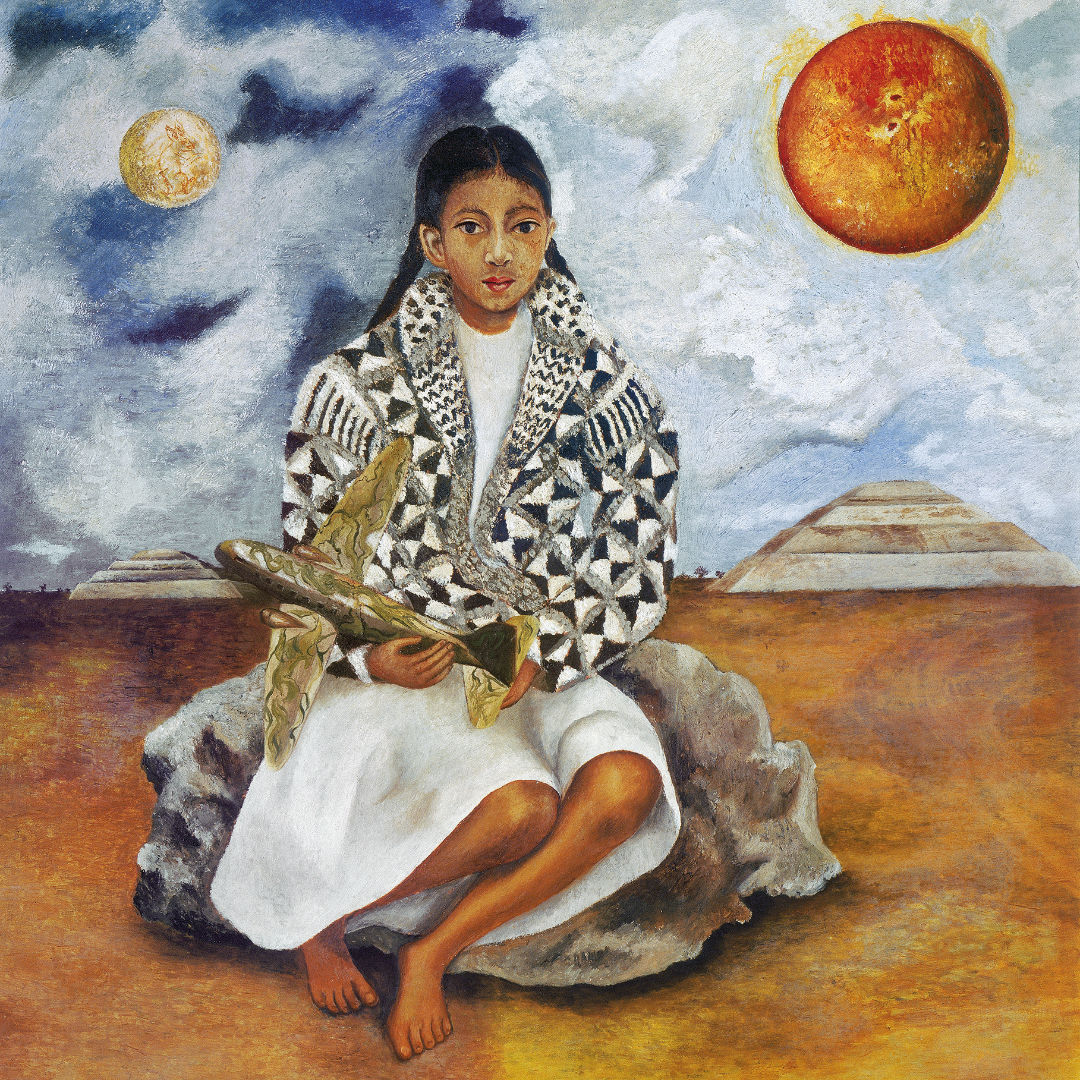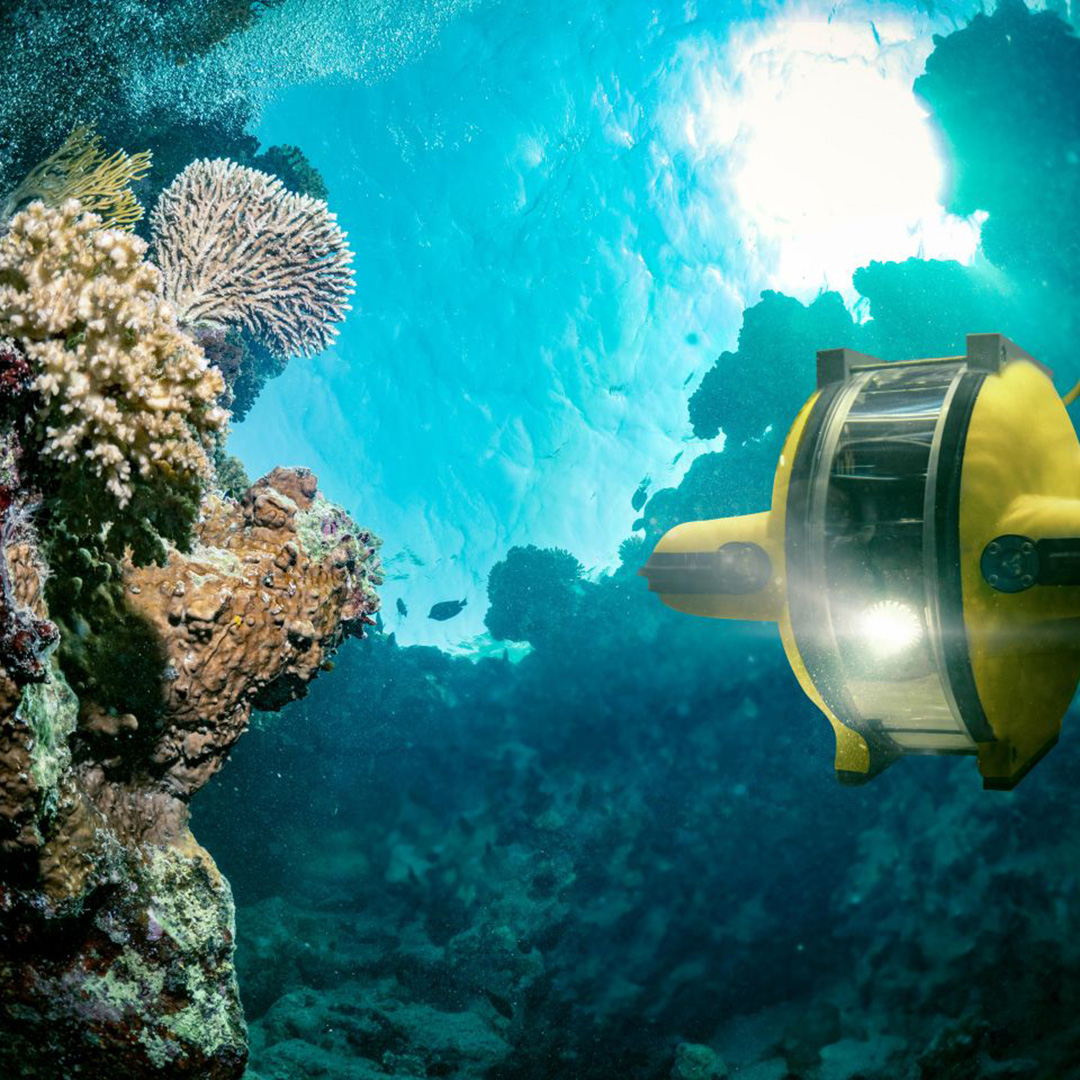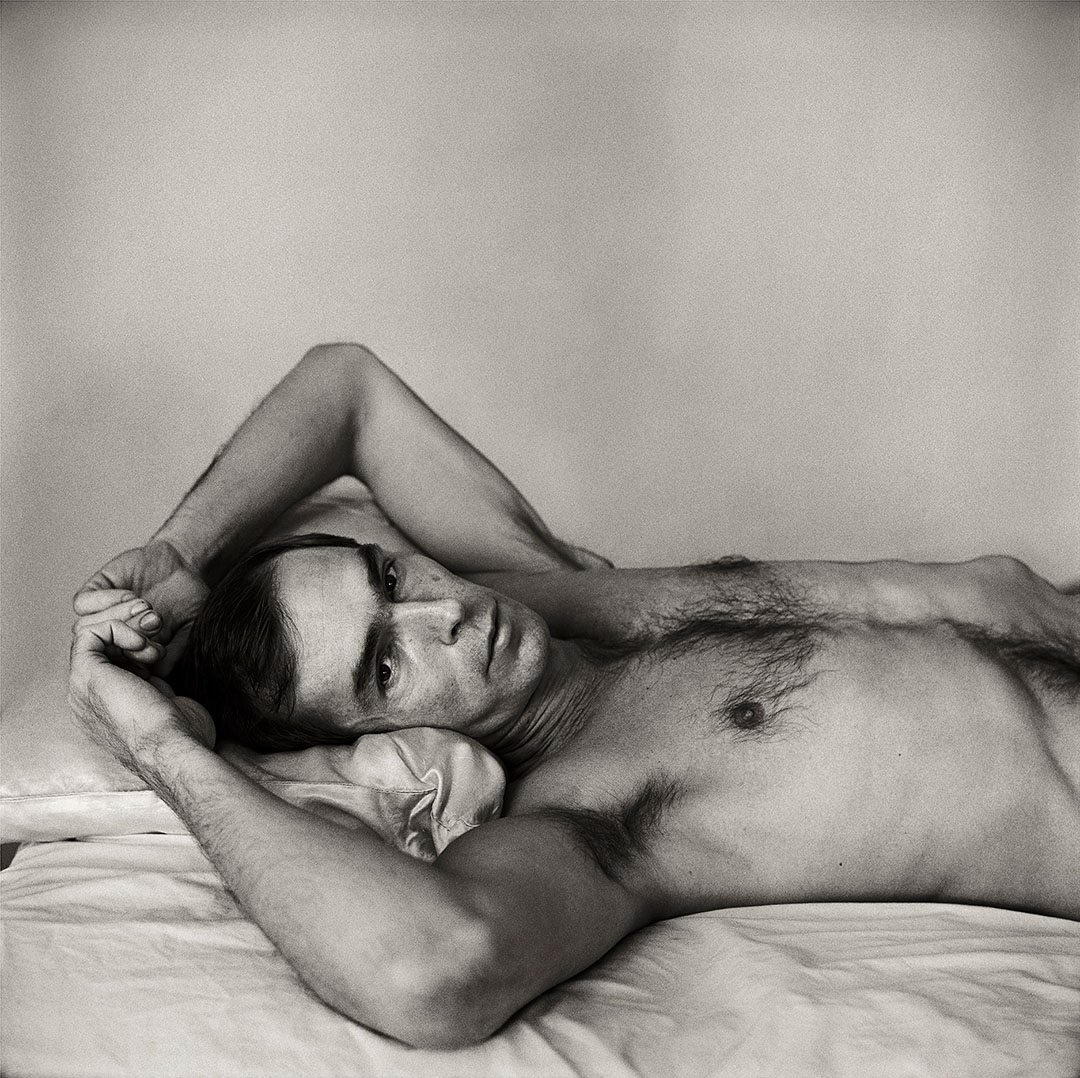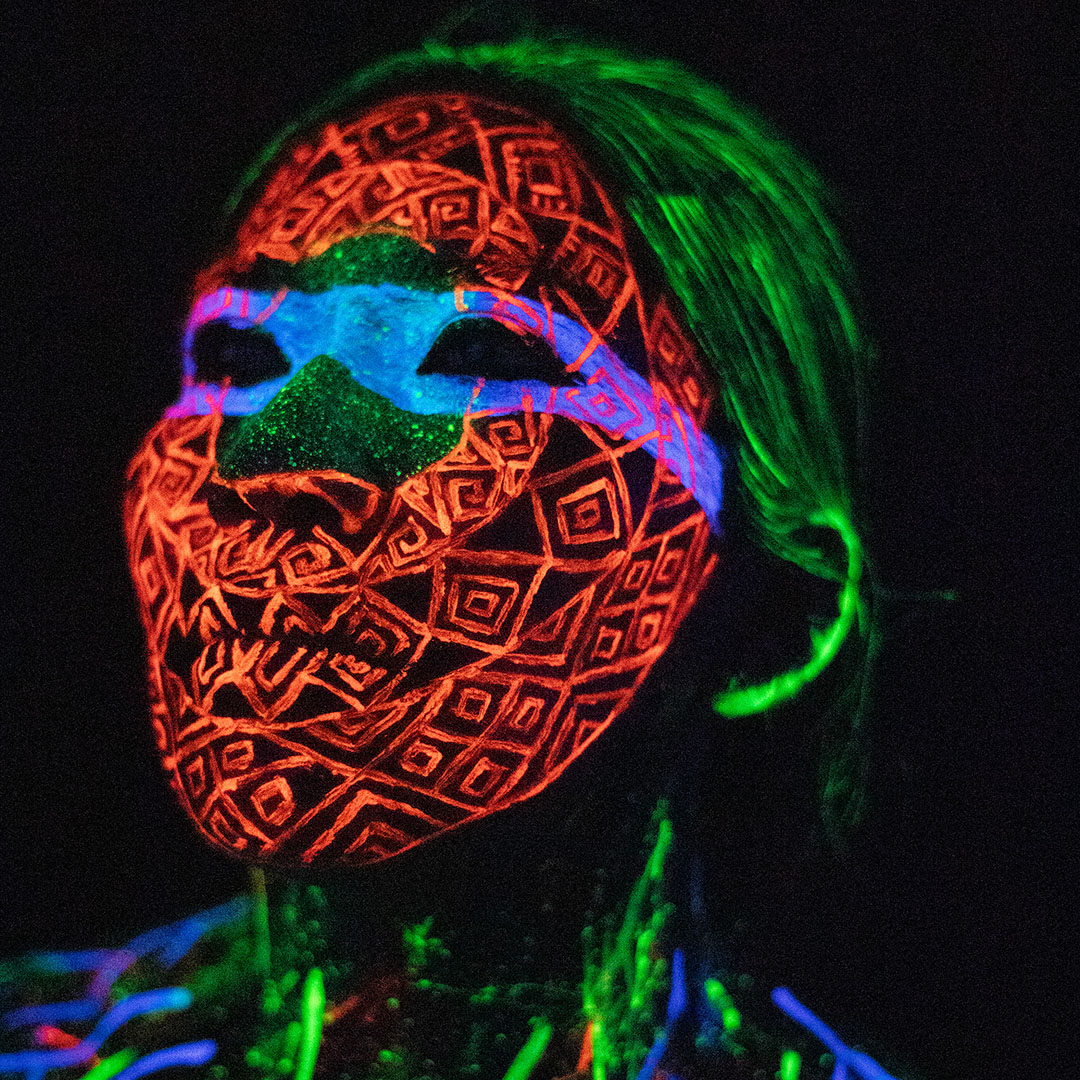Expedition to the World's Oceans
2 October 2025 to 6 April 2026
Approximately 70 % of the Earth’s surface is covered with water, of which 96.5 % is seawater. The oceans are thought to be the source of all life on earth. They provide raw materials, energy, food, transport routes and function as a climate machine. Humans have been using the ocean as a global highway for 4,000 years, so it seems almost paradoxical that today we know more about the surfaces of the Moon and Mars than about the world’s oceans, only 5 % of whose depths have been explored.
The complexity of the theme of the world’s oceans means that it can be approached from many different perspectives and angles. Taking a cultural, historical and scientific approach, our immersive exhibition focuses on the exciting and pleasurable exploration and investigation of different facets of maritime worlds and their processes of transformation. The exhibition concentrates on three main subjects: The deep sea with its mysterious habitats and fragile ecosystem, the oceans as a contested economic space and the basis for globalisation and, finally, the oceans as a place of longing and a space for the transfer of people and ideas. These mysterious realms have always inspired creative and enquiring minds: alongside objects from the realms of nature, science and technology, a selection of historical artefacts and works of contemporary art sheds light on the endangered beauty of maritime flora and fauna and encourages reflection on the colourful and chequered history of man and the sea.
Programme 2026
Peter Hujar
Eyes Open in the Dark
27 February to 23 August 2026
Photographer Peter Hujar (1934–1987) was a central figure in the New York Downtown scene of the 1970s and 1980s. His primary focus was portrait photography. He photographed his friends, lovers, and those around him with striking intimacy and emotional depth. In his work, which also includes animal, landscape, and architectural subjects, Hujar reveals himself as a sensitive chronicler of a time of social and sexual change.
When Peter Hujar died of AIDS-related pneumonia, his work was largely unknown. Today, however, he is considered one of the most important photographers of the second half of the 20th century.
The exhibition was originally organized by Raven Row with thanks to the Peter Hujar Foundation. In partnership with the Bundeskunsthalle, the Gropius Bau, Berlin, presents Peter Hujar / Liz Deschenes: Persistence of Vision from March 19 to June 28, 2026.
Amazônia
Indigenous Worlds
13 March to 9 August 2026
The Amazon region is widely known, yet beyond its lush vegetation it remains shrouded in mystery to this day. As the first exhibition presented from the perspective of Indigenous Peoples, AMAZÔNIA offers an exciting insight into this territory, its inhabitants and its culture.
With over 400 unique objects from the renowned Musée du Quai Branly – Jacques Chirac collection, as well as several private and public collections, the exhibition unveils a cosmos in which past and present converge through Indigenous contemporary art, ephemeral forms of expression such as languages, songs and body art, and remarkable historical works.
The large-scale exhibition invites visitors to discover the Amazon both as a cultural space and as a source of possible futures – a place of extraordinary cultural diversity, where traditional environmental knowledge and science dialogue, and where worlds exist that extend far beyond the human realm. It shows how hundreds of Indigenous Peoples are connected within a network of relationships – with other humans, with animals, plants, and spirits, with territories, and with the global world.
In cooperation with the Musée du Quai Branly – Jacques Chirac
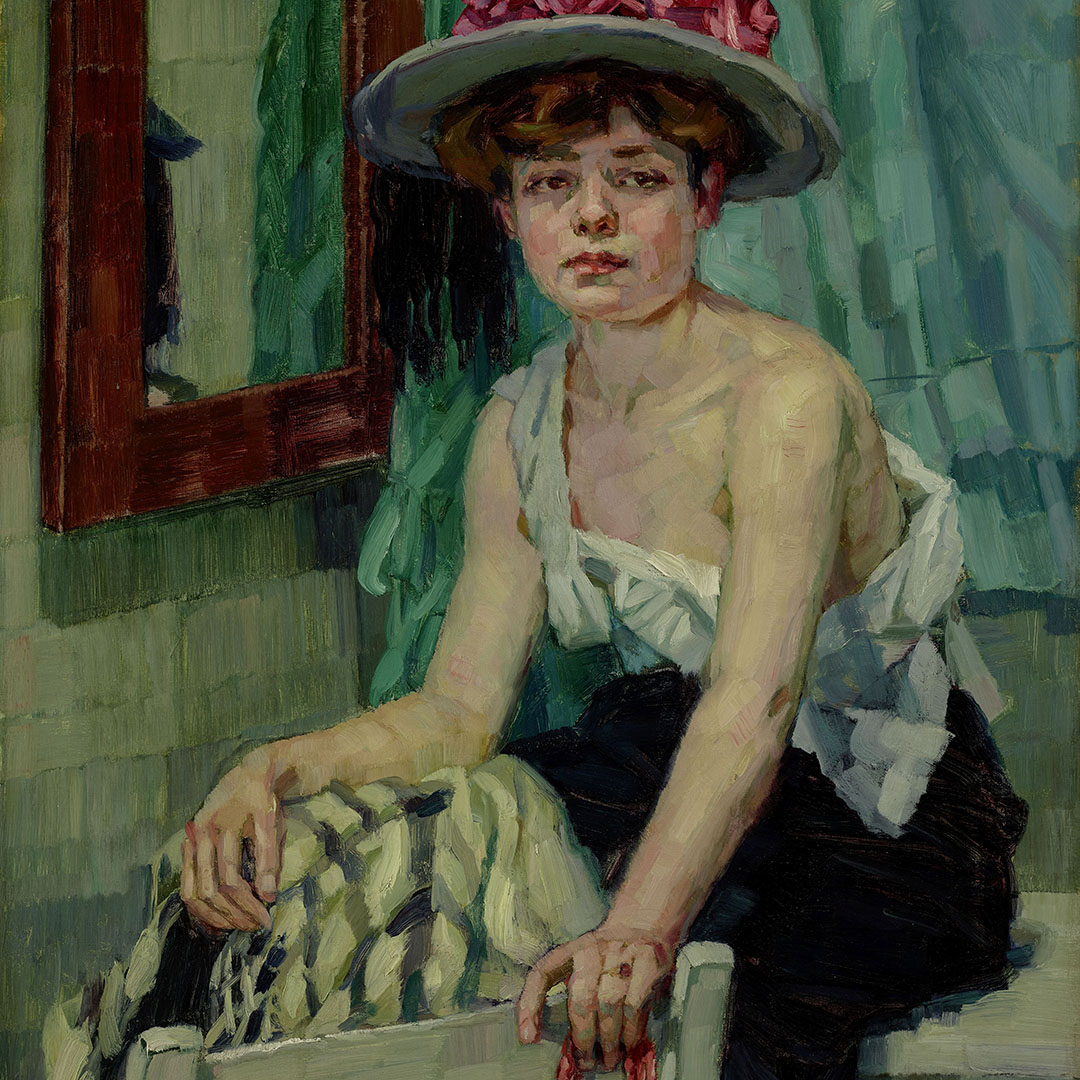
Sex Work
A Cultural History
2 April to 25 October 2026
The history of sex work can be traced from antiquity to the present day. The prevailing image of humanity, the values that held sway, and who wielded power can all be seen in how society dealt with sex work. In some periods, sex work represented one of the few ways for women to generate an independent income. For a long time, hetaerae, prostitutes, courtesans, and nude dancers primarily played a motif role in the visual arts, at best perceived as muses. The fact that they also play a creative, artistic role is a perspective that is highlighted here. Together with a collective of researching sex workers, the Bundeskunsthalle presents art, cultural history, and archival material, guided by a central principle: Nothing about us without us!
Sex Work: A Cultural History is a further development of the exhibition With Legs Wide Open – A whore's ride through history, Schwules Museum Berlin, 2024
Interactions 2026
1 May to 1 November 2026
Interactions 2026 will once again feature selected artworks and performances that invite visitors to engage in interactive play in the outdoor space of the Bundeskunsthalle. All works and projects contain their own narrative or vision, which visitors can explore alongside the interaction. They demonstrate that openness serves both individual and collective experience and promotes togetherness, tolerance, and sensitivity.

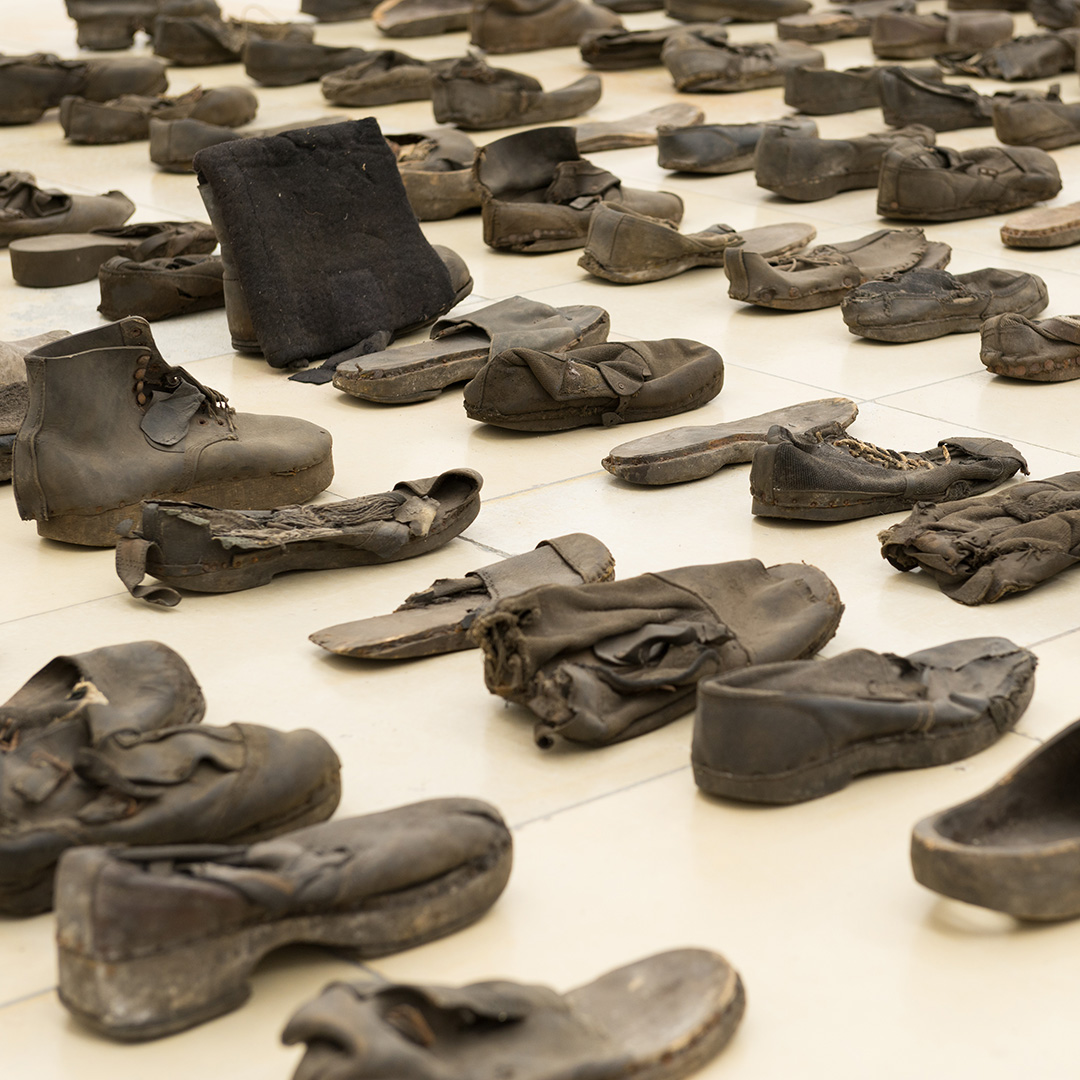
NEVER AGAIN!
Against Forgetting the Crimes of the Nazi Era
9 October 2026 to 2 May 2027
The Cultural Autumn opens with a topic that couldn't be more urgent. What is the state of the culture of remembrance and the politics of remembrance in Germany? In the coming years, there will be hardly any Holocaust survivors and other victims of the Nazi regime left to recount their experiences. But they leave behind their testimonies in books, recordings, films, and their own works of art. NEVER AGAIN! Against Forgetting the Crimes of the Nazi Era is dedicated to the changing culture of remembrance with regard to the crimes of National Socialism. The exhibition explores various methods of remembrance, primarily through the medium of art and digital media, as well as historical evidence and objects.
With kind support

Avant-Guardistas
100 Years of Latin American Female Artists
4 December 2026 to 29 March 2027
The Bundeskunsthalle is entering the final stretch of the year with a major survey exhibition that, for the first time in Europe, brings together key works by more than 70 female artists from Latin America, from Mexico to Argentina. Avant-Guardistas. 100 Years of Latin American Female Artists spans more than a century, uniting famous female artists with those who have been forgotten over the decades. The exhibition explores these distinctive artistic languages, including their significance for cultural identities and processes of (female) self-empowerment.
